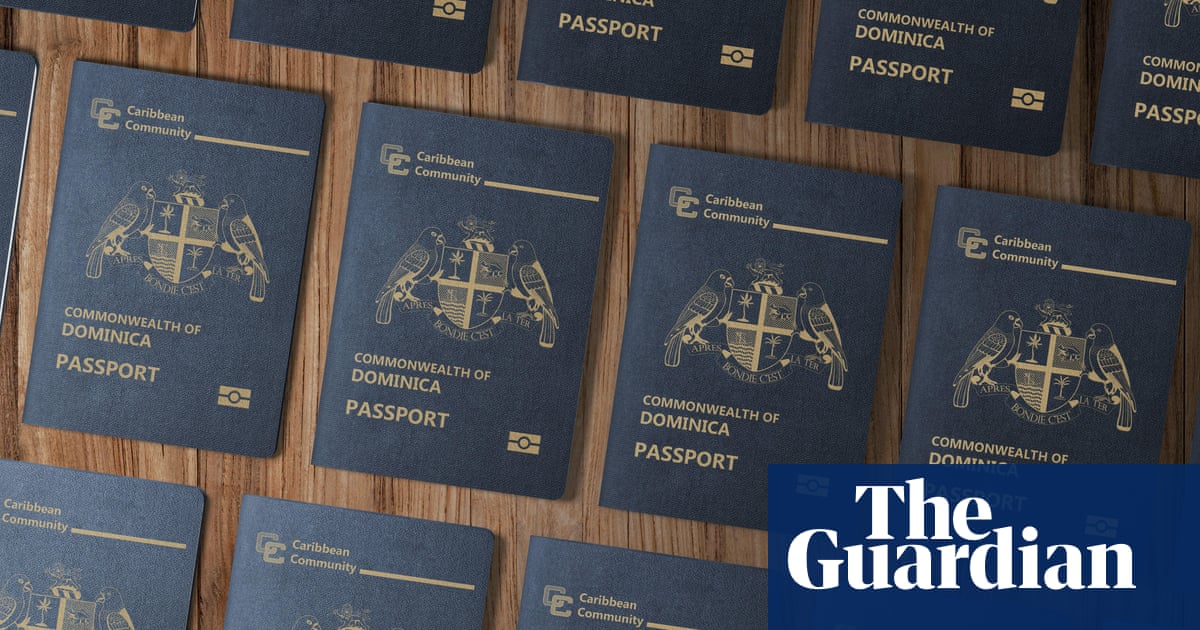
The European Commission on Tuesday announced that a unified platform allowing member states to issue a common health certificate, or digital pass, had gone live. The idea is to offer a single system for verification of EU residents’ coronavirus disease (COVID-19) status — including a vaccination update, a recent negative test or a proof of recovery from the virus — as they cross borders within the bloc to help facilitate safer travel.
The commission said that seven countries had already joined the platform and could begin issuing the documents immediately. A total of 10 of the EU’s 27 member countries have so far agreed to join the scheme, which is expected to be fully effective from July 1, just in time for the summer vacation season as EU member states try to revive their moribund tourism industries.
A handful of other countries outside the EU, notably the UK and also a section within the US, have been toying with the idea of launching vaccine passports, as these documents are commonly known, to allow people to cross borders and even travel within a country, as well as to avail of certain services or be allowed into some establishments.
The talk of vaccine passports has been around for a few months, but it is becoming serious or operational now, as in the case of the EU, since the vaccination programs in some countries have progressed to a stage where a significant proportion of the population has received at least one dose.
However, the concept per se is flawed and risky, besides creating or rather adding to the inequity that people in an overwhelming part of the world have been struggling with in terms of dealing with the pandemic and its after-effects.
There are many objections to the issuance and use of these passports or certificates. As early as February, the World Health Organization (WHO) warned against their use on several grounds, saying that governments should not introduce requirements for proof of COVID-19 vaccination for international travel, citing “critical unknowns regarding the efficacy of vaccination in reducing transmission.” Since it is not yet fully known if a vaccinated person can or cannot transmit the virus, allowing those who are vaccinated to travel freely is a risky move.
This ought to be one of the biggest concerns of governments and healthcare sectors, which have repeatedly been overwhelmed by successive waves of the pandemic, each bigger than the last and each catching governments, the people and the medical fraternity by surprise.
The other and far more serious challenge is that vaccine passports not only ignore the severe inequity in access to vaccines that already exists in the world, but they could even go on to significantly enhance it. The WHO, as well as dozens of nongovernmental organizations, have raised the alarm about how deeply inequitable the access to vaccines has been so far, since a clutch of rich and developed nations seem to have cornered most of the market, leaving the poorer nations — a vast majority of the world — waiting in long queues to get their jabs, if they can ever afford them.
Though the WHO has partnered with some countries to launch a vaccination program for the poorest nations, it is running way behind schedule and has been short of money ever since it was launched. As a result, while the US, UK and UAE, for example, have vaccinated more than half of their populations, many other countries are only just starting their programs.
Moreover, most rich nations, notably the UK, are already talking of giving booster shots to their citizens every year until there is clarity on the long-term efficacy of the vaccines. These booster shots will translate into vaccine shortages for at least another couple of years, until adequate manufacturing capacity has been created to cater to global demand, as in the case of other vaccines. That would again hit the poor countries, keeping them deprived of essential vaccines for much longer. The WHO has also signaled its concern on the issue, saying that, in view of the limited availability of vaccines, the preferential vaccination of travelers could result in inadequate supplies for priority populations considered at high risk of severe cases of COVID-19.
There have also been moves by some countries and travel agents to launch vaccine tourism schemes, whereby rich people from a country that has a shortage of vaccines, like India or any other developing nation for that matter, take a trip with the sole purpose of getting vaccinated.
They are inherently discriminatory toward certain groups of people, whose medical conditions do not allow them to get vaccinated.
Ranvir S. Nayar
While vaccine inequity will ease, at least theoretically, over time, vaccine passports are inherently discriminatory toward certain groups of people, whose medical conditions do not allow them to get vaccinated. Since the vaccines are new and the focus of scientists has so far been on creating doses for the masses — and rightly so — the tweaking needed to adjust the vaccines or to test them for use on people with some rare illnesses has yet to be studied. In this case, if all countries adopt vaccine passports, they would exclude these people for a long time, even though they are not anti-vaxxers.
There may ultimately come a time when all countries agree on a common document to facilitate cross-border travel, as is the case with yellow fever vaccination, which is needed for people to travel to or from some tropical countries. But that time is definitely not now, when more than 75 percent of the world is still waiting to get vaccinated, when there are no drugs confirmed as suitable for treating COVID-19, and when the pandemic remains full-blown in many parts of the world.
Ranvir S. Nayar is the managing editor of Media India Group.
Disclaimer: Views expressed by writers in this section are their own and do not necessarily reflect Arab News" point-of-view












